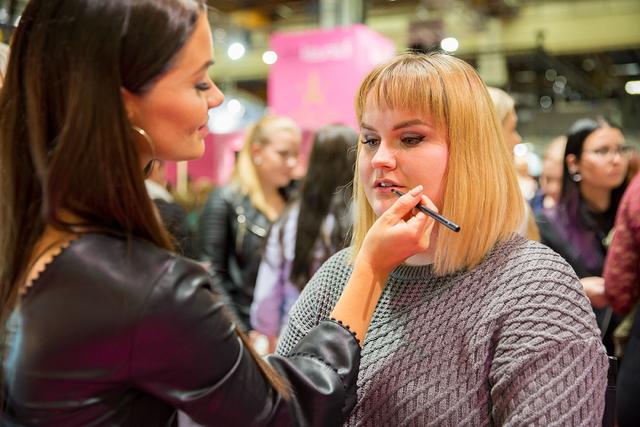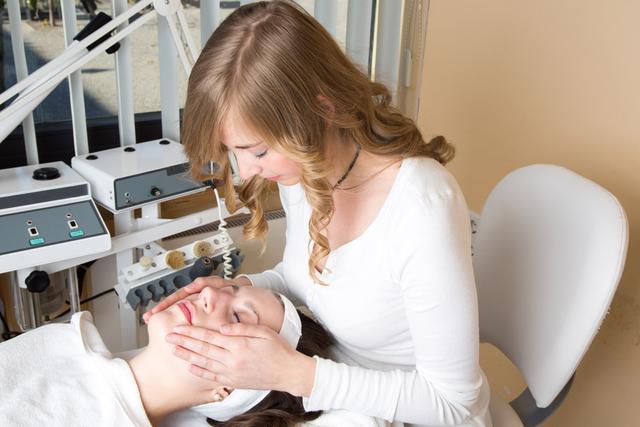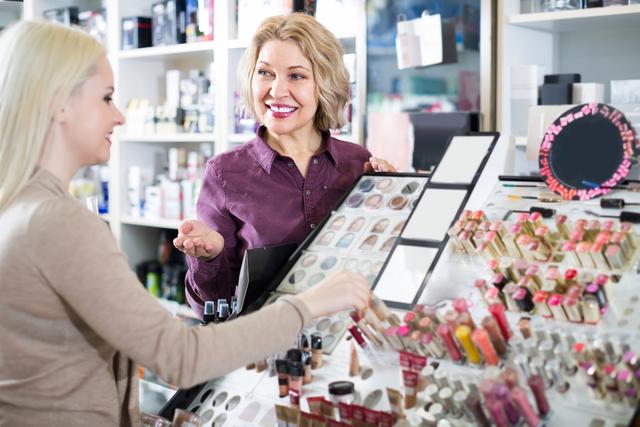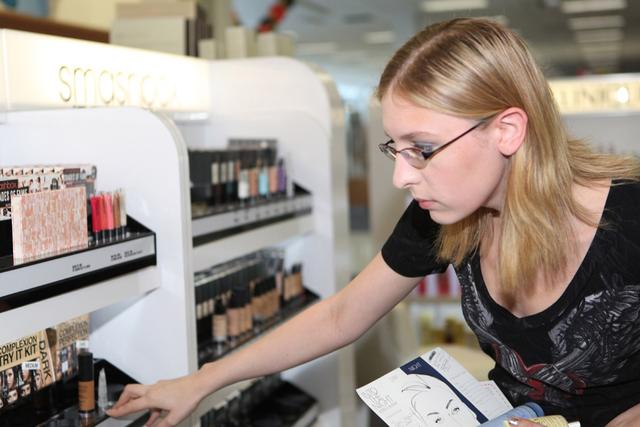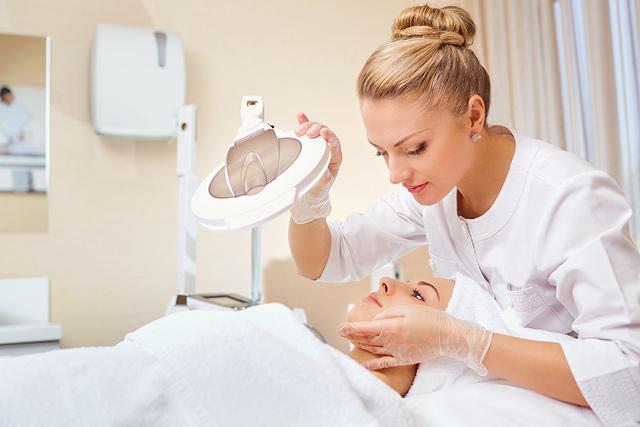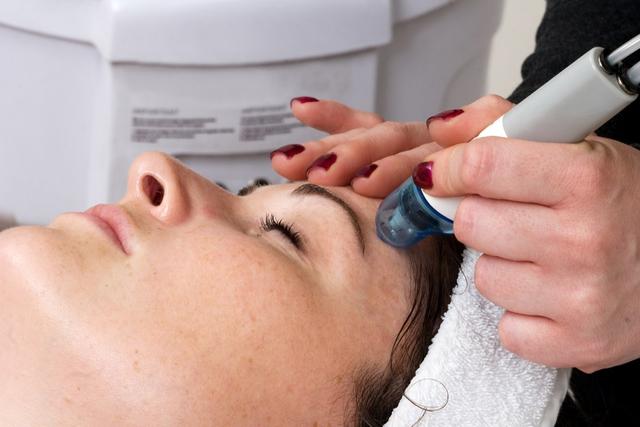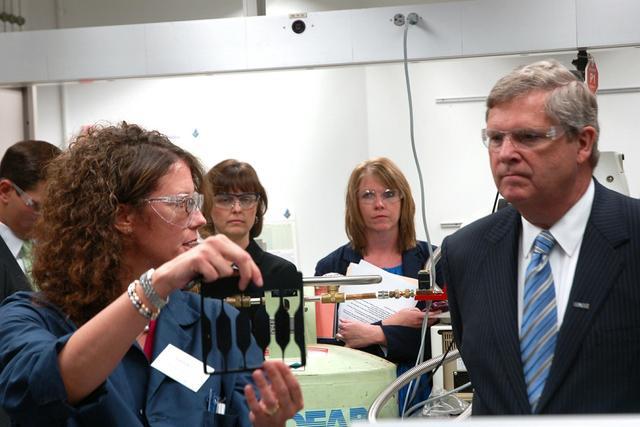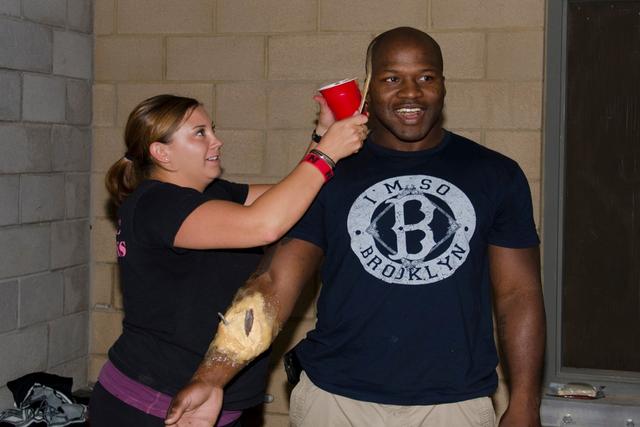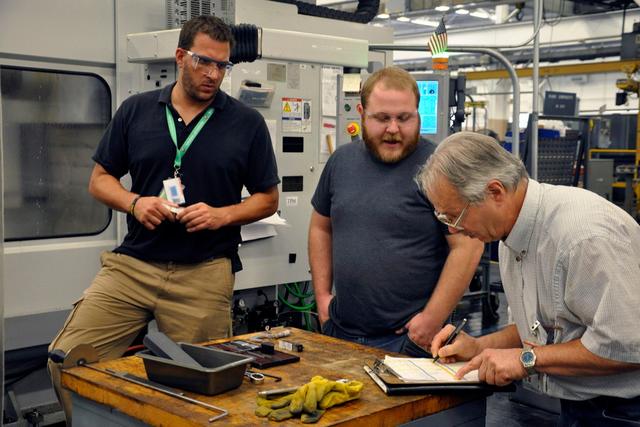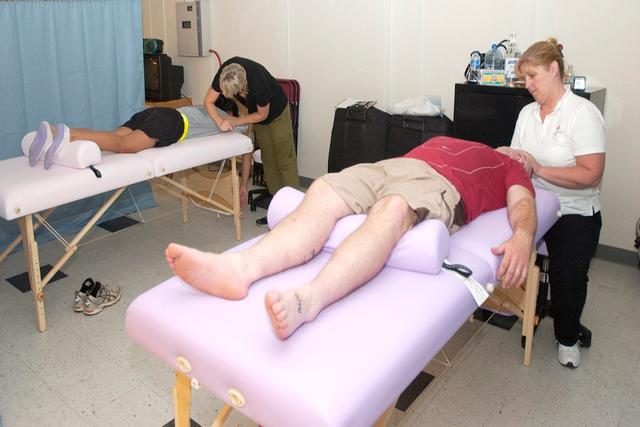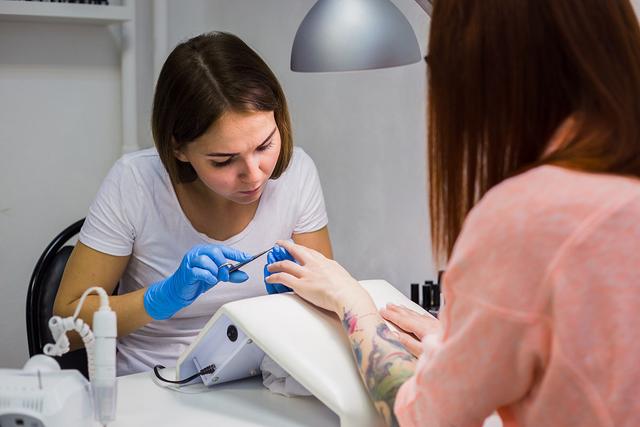Personal Care Products

Overview
People have wanted to look and feel attractive since the earliest days of civilization. Many ancient societies stressed the importance of personal hygiene. For example, Hindu texts, such as the Vishnu Purana and the Manusmriti had detailed codes of hygiene. Archaeologists have found evidence of the use of cosmetics as far back as ancient Egypt and Greece. The ancient Romans had elaborate public bathhouses. Today, in our image-obsessed world, taking care of one’s personal appearance and demonstrating good hygiene are extremely important. Studies have shown that those who present a good personal image have a better chance of success in life—from finding a life partner to landing a job.
The personal-care products industry aims to help people look better and feel better about themselves. It creates, manufactures, and sells personal-care, beauty, and hygiene products. Examples include cosmetics, toothpastes, sunscreen, razors, shaving cream, deodorant, soaps and other products for bathing, hair care products, skin care products, nail and cuticle care products, fitness products (such as specialized running shoes and supports and braces), and many other items. Products are sold in retail stores, door-to-door, by mail order, and online.
Worldwide, the personal-care industry generates more than $488 billion in annual retail sales, according to the Personal Care Products Council, a trade association for the cosmetics and personal-care products industry. The Council has more than 600 member companies representing more than 90 percent of the U.S. beauty industry. According to a MarketWatch.com report, as of 2019, the size of the U.S. beauty and personal care industry was $420 million and was estimated to reach more than $716 million by 2025.
There are approximately 4,062 cosmetic and beauty products manufacturers in the United States, employing more than 51,004 workers, according to research group IBISWorld. Cosmetic and beauty product...



